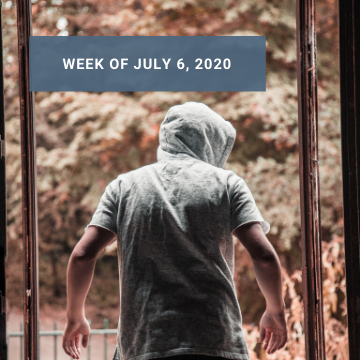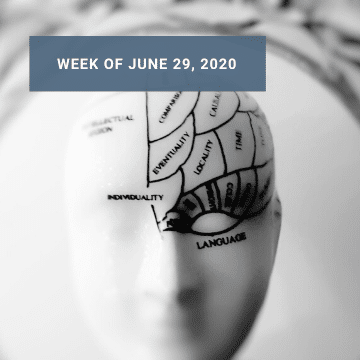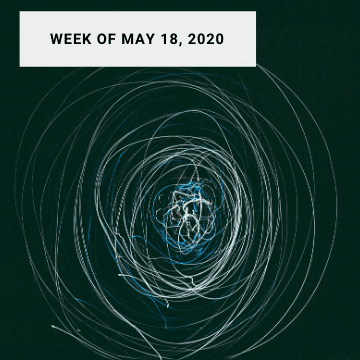How is the relationship with 5G? Outlandish theories were spreading like wildfire across the U.K. at the start of the COVID-19 outbreak.
In a sudden burst of technological ignorance, a few conspiracy-lovers set out to destroy the country’s newly deployed 5G towers. The technology was, of course, behind the mysterious disease.
Since then, the relationship with 5G is difficult, anti-5G sentiment has grown around the globe, and the rest, as they say, is history.
Only that the U.K. has another major problem with 5G: China. Following raising internal pressure and sanctions by Washington, the British government has banned sales of Huawei’s 5G kit starting January. Network providers will also have to abandon all already-purchased Huawei 5G tech by 2027.
Meant at addressing national security concerns, the decision is likely to delay the U.K.’s 5G rollout by 2 to 3 years.
Big ‘oops’ from Twitter
No one is safe from cyberattacks. Not even Twitter.
The company’s IT, PR and legal departments sure had one hell of a day yesterday after news emerged of a high-profile breach involving major firms and public figures. Apple, Elon Musk, Joe Biden, Kanye West.
It all started when their accounts starting posting invitations to participate in a lucrative Bitcoin scam with a simple message: send 1.000 dollars to this account, and you will get double in return.
While Twitter blames the breach on a coordinated social engineering attack against its employees, other sources point at a rogue employee who might have helped hackers get inside access.

Remote work is here to stay
Newsflash — Gartner survey confirms the writing on the wall: remote work is part of the new normal.
A sweeping 82% of business leaders are planning on allowing at least some level of remote work moving forward, even after the pandemic is over.
\Nearly half of companies (47%) will allow employees to work remotely full time, while 43% of respondents are aiming for a flexible week schedule.
This new set-up highlights the necessary transformation of the CIO role. IT leaders will now have a bigger role within organisations, leading the construction of stronger cloud collaboration environments and helping maintain a cohesive remote corporate culture.

The AI bandwagon
53% of global tech and business leaders invested more than $20 million in AI and related talent in the past year, according to a report by Deloitte.
Although the majority of respondents believe AI will significantly transform their industry in the next 3 years, only 47% of them consider they have a sufficiently skilled AI workforce.
Ethical concerns, data privacy/regulations and AI failure are among the top concerns keeping executives up at night.

Also discover our weekly news: Eco data centers, a Microsoft hack and the EU’s digital sovereignty





























